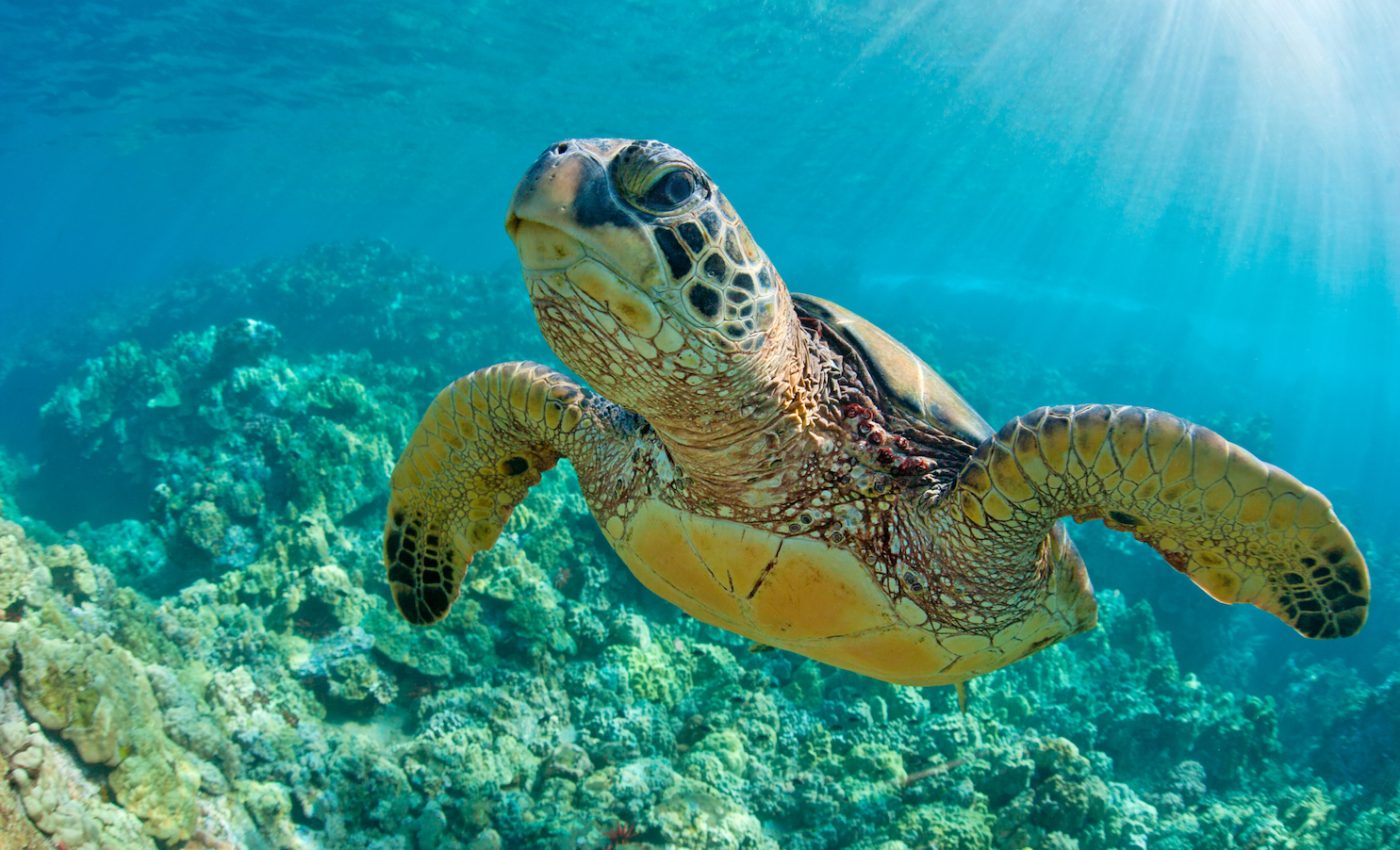
Microplastics found in the guts of every sea turtle species
An alarming new study led by the University of Exeter has found microplastics in the guts of all seven species of sea turtles. The researchers examined more than 100 sea turtles across three different oceans.
In collaboration with Greenpeace Research Laboratories, the team looked for synthetic particles less than 5 millimeters in length, including microplastics, which were discovered to be present in all of the turtles.
The most common synthetic particles found were fibers that may have originated in clothing, cigarette filters, ropes, or fishing nets.
“The effect of these particles on turtles is unknown,” said lead author Dr. Emily Duncan. “Their small size means they can pass through the gut without causing a blockage, as is frequently reported with larger plastic fragments.”
“However, future work should focus on whether microplastics may be affecting aquatic organisms more subtly. For example, they may possibly carry contaminants, bacteria or viruses, or they may affect the turtle at a cellular or subcellular level. This requires further investigation.”
Overall, more than 800 synthetic particles were found in the sea turtles, but this number is estimated to be about 20 times higher due to the fact that the experts only tested a small portion of the gut in each animal.
While it is not yet clear how the turtles ingest the particles, the contaminants likely originate in polluted seawater and sediments.
“It really is a great shame that many or even all of the world’s sea turtles have now ingested microplastics,” said study senior author Professor Brendan Godley. “At the moment, this is not the main threat to this species group but it is a clear sign that we need to act to better govern global waste.”
Dr. Penelope Lindeque of Plymouth Marine Laboratory added, “While this study has been successful, it does not feel like a success to have found microplastic in the gut of every single turtle we have investigated.”
“From our work over the years we have found microplastic in nearly all the species of marine animals we have looked at; from tiny zooplankton at the base of the marine food web to fish larvae, dolphins and now turtles.
“This study provides more evidence that we all need to help reduce the amount of plastic waste released to our seas and maintain clean, healthy and productive oceans for future generations.”
The study is published in the journal Global Change Biology.
—
By Chrissy Sexton, Earth.com Staff Writer













